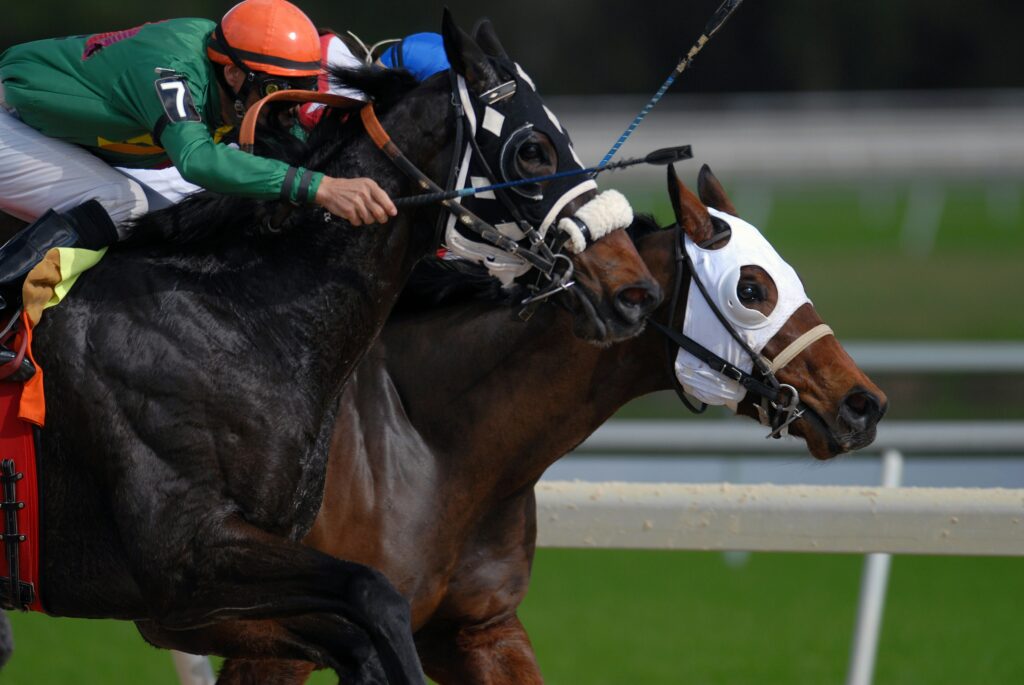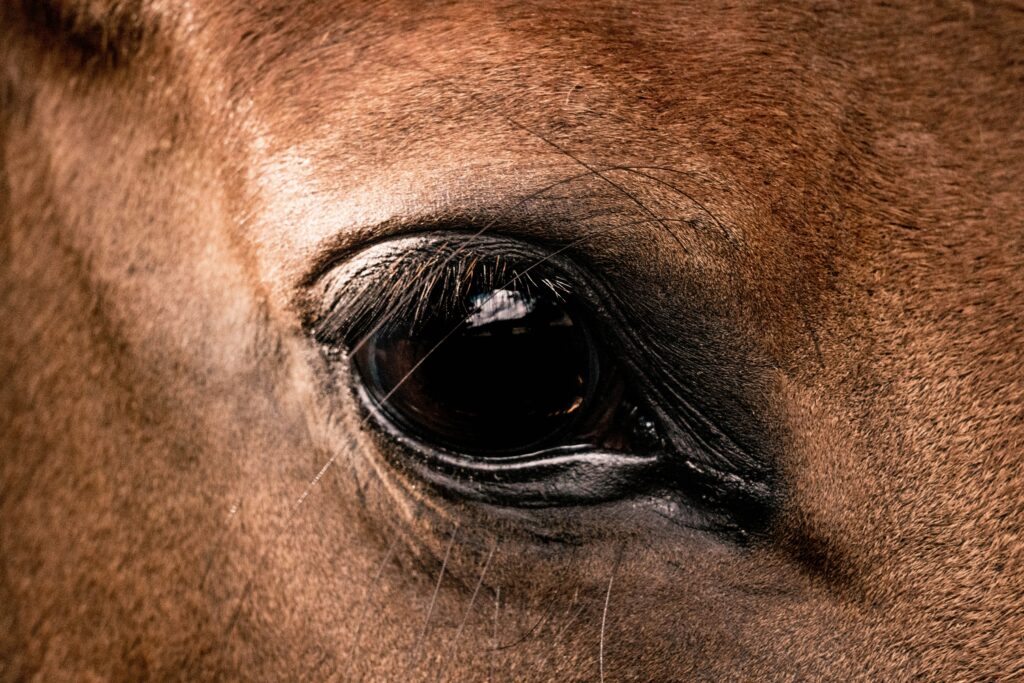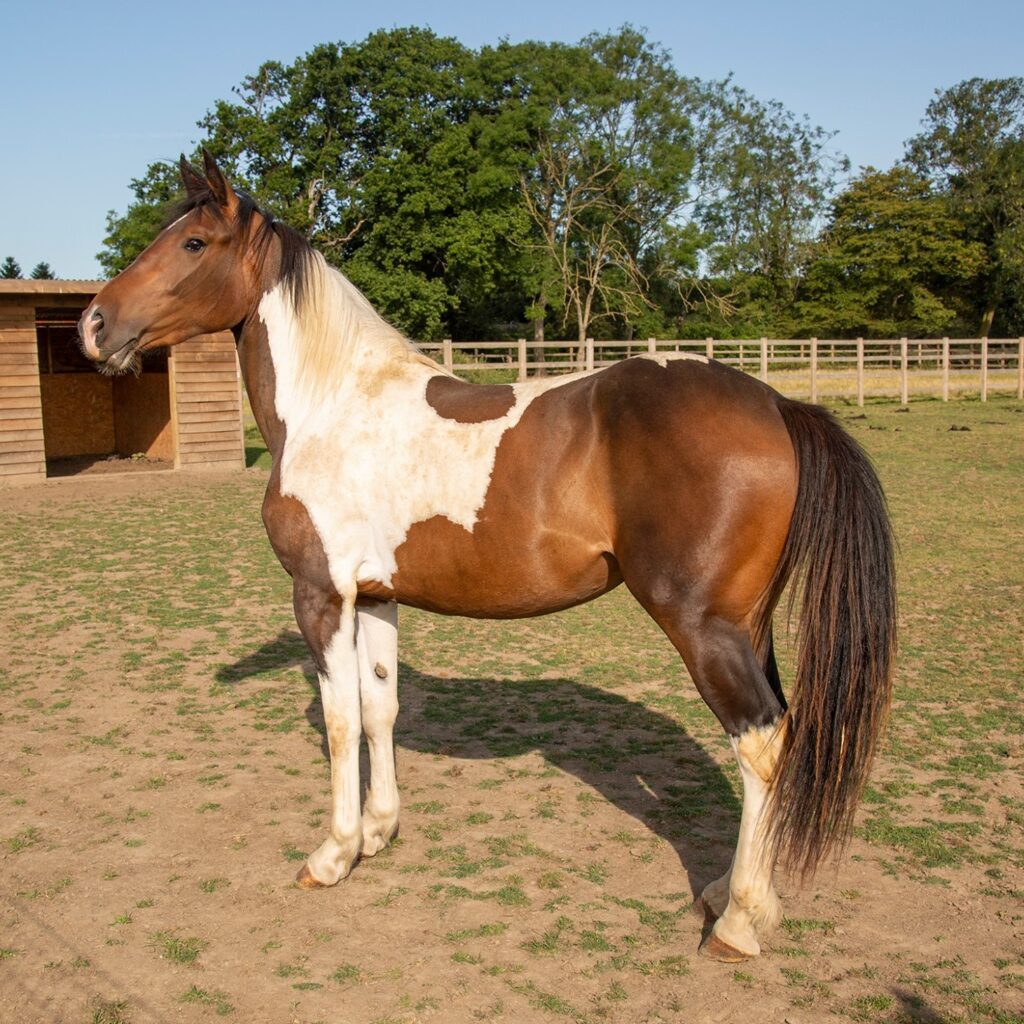We take a look at the he reality of animal cruelty in the tourist industry and how we can all avoid being part of the problem.
The Grand National, held annually at Aintree Racecourse near Liverpool, is often celebrated as the pinnacle of British horse racing. However, beneath the veneer of glamour and excitement lies a stark reality of cruelty and suffering that cannot be ignored.
The Cruelty of the Industry
Horse racing, particularly events like the Grand National, is an industry fraught with ethical concerns. Horses are pushed to their physical limits, often resulting in severe injuries or even death. The intense training regimes and the use of whips to force horses to run faster are just a few examples of the harsh treatment these animals endure. The very nature of the Grand National, with its challenging jumps and long distance, makes it one of the most dangerous horse races in the world.
Statistics of Suffering

Over the years, the Grand National has been marred by numerous fatalities. Since its inception, hundreds of horses have died on the Aintree course. The race’s demanding obstacles, such as Becher’s Brook and The Chair, are notorious for causing falls and injuries. Statistically one to two horses die each year at the Grand National, highlighting the perilous nature of the event, and since the year 2000, 59 horses have needlessly died in the name of human entertainment. For a full list of ALL the shocking statistics surrounding this race alone, our friends at Animal Aid have published a full list which does not make easy reading.
As well as the Grand National, horse racing as a whole is an industry that has far too many casualties. 212 race horses were killed in 2024 in the UK– a 20% increase in deaths from the previous year. These horses died from excruciating injuries including broken legs, necks, or heart attacks. Imagine if 212 footballers died last year from their sport? Or 212 athletes? How about 212 tennis players? These figures suggest that animals in sport are entirely expendable to too many humans.
And how about the horses that are no longer fit to race and are no longer profitable? The lucky ones end up in sanctuaries or retired horse facilities, but all too often they’re sent to slaughter. “The Dark Side of Horse Racing” by BBC One’s Panorama – featuring undercover footage from Animal Aid – revealed that thousands of horses used for racing in the UK and Ireland were sent to the abattoir every year, ending up either in dog or cat food or as “prime cuts” for human consumption in Asia and Europe. Animal Aid estimates that around 1000 horses are slaughtered each year in the UK from the racing industry, with horses as young as two-years-old not making the racing grade and paying the price with their life. Campaign Manager, Fiona Pereira of Animal Aid says;
‘I think we need to be really, really clear that, contrary to the racing industry’s spin, slaughter is categorically not “euthanasia”. If you have an animal euthanised, you will pay a vet to put them to sleep either at your home or at a veterinary surgery. With slaughter, however, the owner is transporting the animal to an abattoir, where they will receive money for that animal’s meat – that is to say, you are squeezing every last ounce of value out of that animal, despite the horror they will certainly face at the abattoir.
‘What the figures show is that nothing has really changed since our 2021 footage was released on BBC One. The racing industry is still mass-producing foals, and ‘dealing’ with the problem of surplus horses by sending them to the abattoir. And, we don’t even know how many of them end up at the knacker’s yard rather than the official abattoir. It’s just sickening to think of these beautiful animals’ lives being snuffed out because they are failing to make enough money for a greedy industry.’
This Year’s Grand National

This year’s Grand National, happening on 5th April 2025, will be no exception to the ongoing pattern of cruelty. Despite efforts to improve safety, the race continues to claim the lives of too many horses, raising serious questions about the justification of such events in modern society.
Calls for Change
Animal rights activists and welfare organisations have long called for the abolition of the Grand National or, at the very least, significant reforms to improve the safety and well-being of the horses. Measures such as reducing the number of jumps, increasing veterinary supervision, and implementing stricter regulations on training and racing practices are essential steps towards mitigating the cruelty inherent in the sport.
In conclusion, while the Grand National may be a cherished tradition for many, it is crucial to acknowledge and address the dark side of the industry. The welfare of the horses should be paramount, and it is high time for significant changes to be made to ensure their safety and dignity. Only then can we truly claim to be a society that values the humane treatment of all beings.
Please do help us share this blog to reach as many people as possible so that we can at least try and speak up for the horses that have no voices of their own. We’ve been rescuing horses from all kinds of backgrounds for over 40 years, and with 47 equines calling Hopefield Animal Sanctuary home we have plenty of characters to come and visit so that you can learn more about these beautiful animals, and see them living their lives in peace and safety, far from the greed-driven world of horse racing.

Top image via Animal Aid.
Sign up here for the fun updates from the animals, information about the latest news at the sanctuary and exclusive offers and events.


Join Hopefield’s mailing list to be the first to know about all things happening at the sanctuary and exclusive offers and events!